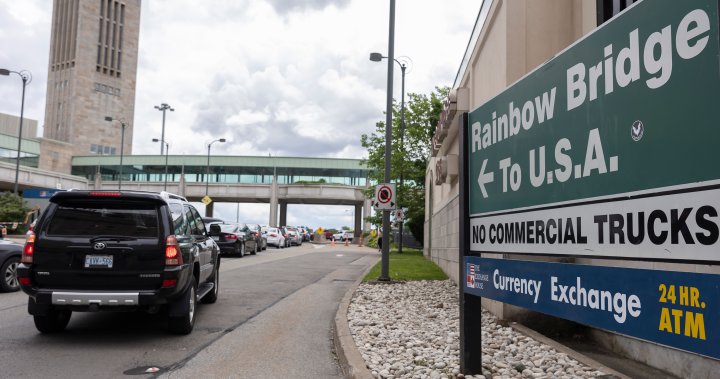Infra
18 research projects studying Canada’s housing, infrastructure needs

Ontario Construction News staff writer
The federal government will contribute $10 million to 18 applied research projects looking for ways to help Canada meet housing and infrastructure needs. Provincial and local governments have also announced funding support.
Projects include building a national housing data platform, studying the impacts of transit investments on low-income and racialized communities and combatting youth homelessness including:
For example, researchers at Queen’s University in Kingston will study the use of 3D concrete printing technology to build more durable housing and infrastructure by conducting large-scale proof-of-concept tests.
5468796 Architecture in Winnipeg, Manitoba, is aiming to identify and leverage under-utilized land and building assets of non-government organizations to support new affordable housing development.
In Vancouver, British Columbia-based advisory firm, Light House Sustainability, is studying the feasibility of relocating homes to Northern regions, directly tackling the housing crisis in underserved areas by making more homes available for communities.
Other funded projects include:
Vivre en Ville – Quebec City
- develop a decision-support tool for municipalities to assess the potential of urban redevelopment, including analysis of the opportunity costs of under-utilization of parking lots, to increase housing supply while containing urban sprawl.
University of Toronto
- better understand how government investments in infrastructure (public transit, active transportation, conversion of private vehicle infrastructure to green space) can best enable low-carbon mobility choices while enhancing air quality, public health, and equity.
Toronto Metropolitan University – Toronto
- develop an online platform for infrastructure performance data sharing and collaborative deterioration modelling for Canadian municipalities, with a focus on roads, bridges, and sewers.
Cambridge Bay, Nunavut
- use sensors on Northern buildings to build a robust knowledge base for builders in the North, to apply designs and materials which support culturally informed and effective building construction for northern climates that is energy efficient, green and clean.
Canadian Urban Institute – Toronto
- collect and analyze data and research best practices on the impacts of public infrastructure investments on main streets in Canada and to create a digital knowledge sharing platform.
Dalhousie University, Halifax
- add climate forecasting and locally specific data to provincial flood line mapping that will inform decisions regarding public infrastructure investments in climate resilience.In 2019, Infrastructure Canada launched the Research and Knowledge Initiative (RKI) contributions funding program, which aims to strengthen the evidence base on public infrastructure and communities in Canada.
New Brunswick Environmental Network
- create a municipal decision-making tool to identify areas suitable for natural and nature-based infrastructure conservation to support climate risk mitigation.
University of Alberta
- create a multidisciplinary methodology that connects wildfire, human behaviour, and transportation modelling to understand infrastructure needs in supporting emergency plans and movements.
McGill University, Montreal
- assess the health impacts of the Energy Poverty Reduction Program (a component of one of the winning projects of INFC’s 2019 Smart Cities Challenge) to understand the potential impacts of similar programs in other communities and to better understand the relation of energy poverty to health. * Not received through the call for proposals.
Grande-Vallée, Quebec
- collect data and indicators to measure transit impacts to promote the use of public transit in suburban and rural communities.
Ouranos, Montreal
- develop a tool that estimates the probability of climate change hazards and their effects on infrastructure, to reduce risks and negative impacts over the long term.










